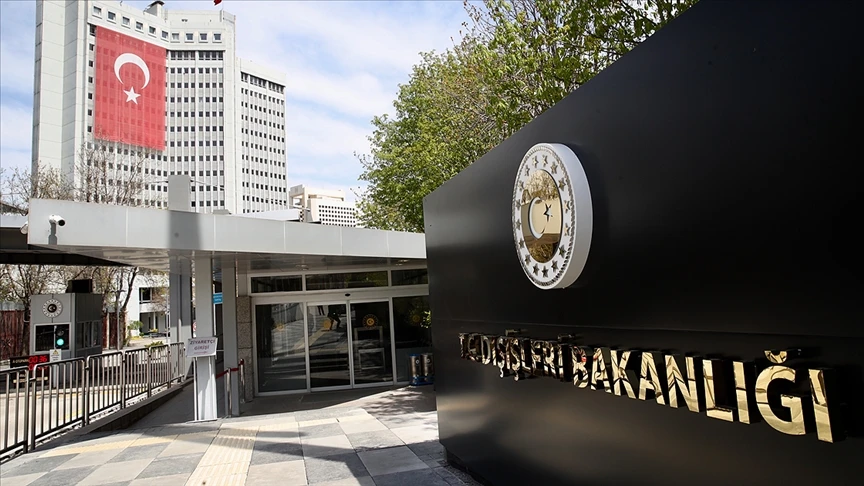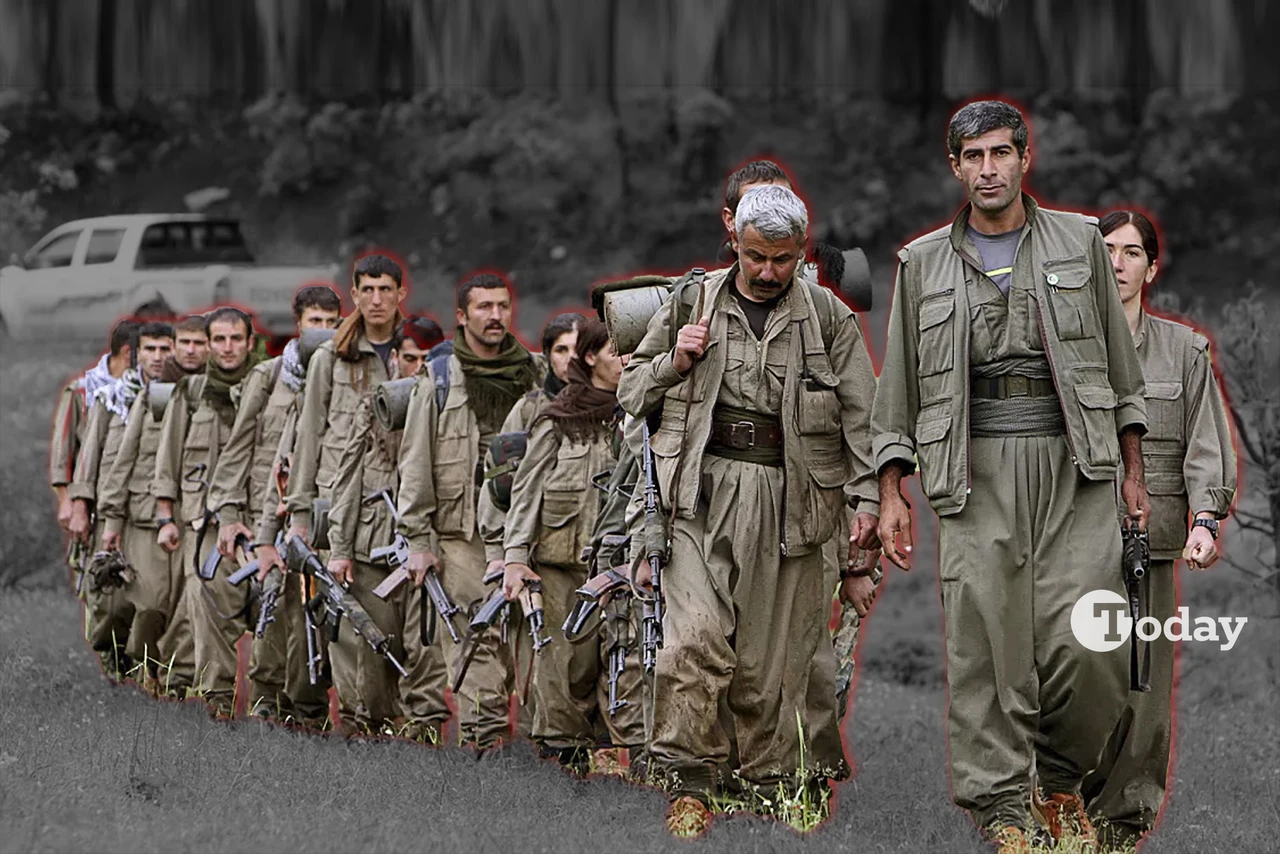1915 Gallipoli: Türkiye marks 109th anniversary of WWI victory, sacrifice
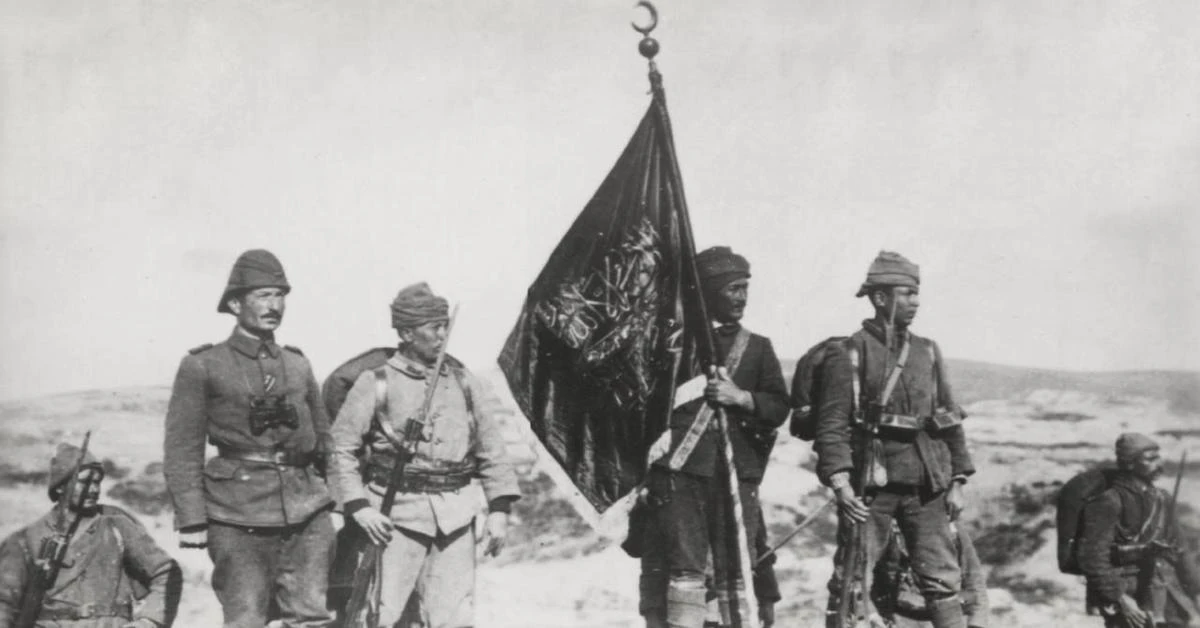
Türkiye honors the valor and sacrifice of those who fought in the Battle of Gallipoli, marking a day of reflection and pride on Canakkale Victory and Martyrs’ Day
Türkiye on Monday marked the 109th anniversary of the pivotal triumph on March 18, 1915, a day remembered as Canakkale Victory and Martyrs’ Day, paying tribute to the soldiers who fought and died in the Battle of Gallipoli during World War I.
From ambition to defeat: Istanbul was target
The British War Council decided to occupy the Gallipoli Peninsula on Jan. 13, 1915. The main target was Istanbul, the capital of the Ottoman Empire. Britain wanted to cross the Gallipoli Strait and occupy Istanbul before Russia, thus, ending the war. Britain and France, two allied states, suffered an unexpected defeat on March 18, although they thought they would cross the Gallipoli Strait easily with battleships.
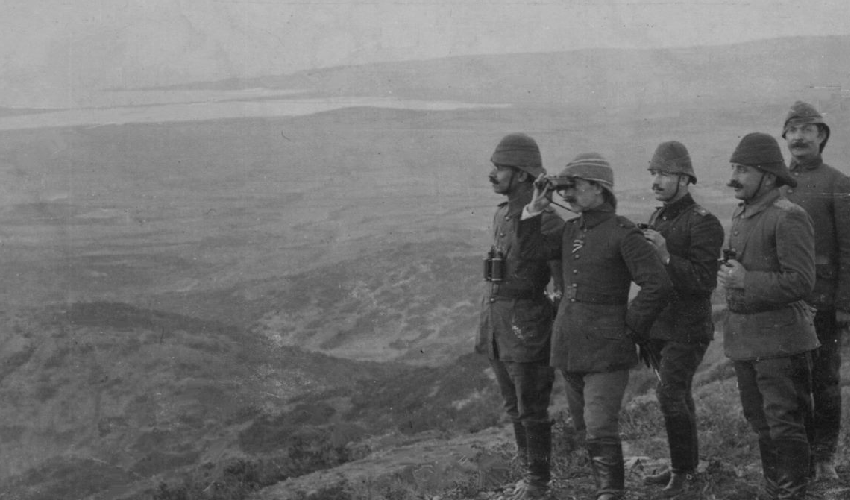
‘I am ordering you to die’
However, March 18, 1915, marked a turning point when the Allied fleet, including Britain’s HMS Irresistible and HMS Ocean, along with France’s Bouvet, fell victim to mines strategically laid by the Ottoman vessel Nusret. This unforeseen defeat halted the naval advance, prompting the Allies to reconsider their approach. By April 25, a full-scale military operation was launched, shifting the focus from naval to ground attacks.
The Ottoman Empire, under the strategic command of 5th Army Commander Liman von Sanders, prepared for the allied landings by positioning forces along the most vulnerable points of the Gallipoli Peninsula. Sanders anticipated the landing zones correctly, setting the stage for a defensive campaign that would challenge the allied forces at every step.
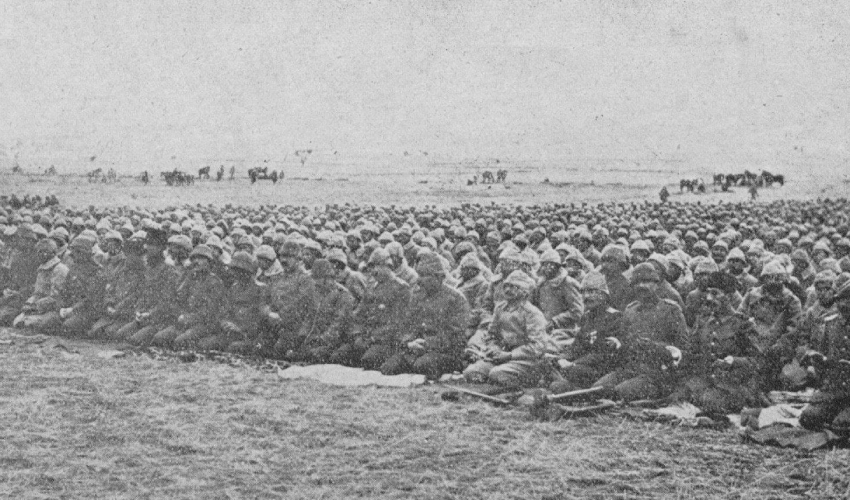
The Allied Army was a coalition of forces from across the British and French Empires, including troops from Australia, New Zealand, India, Nepal and Senegal. This diverse assembly of soldiers embarked on the second phase of the Gallipoli Campaign, landing on the shores of Ariburnu, Seddulbahir, and Kumkale, only to be met with formidable Ottoman resistance.
A pivotal figure in the Gallipoli Campaign was Lieutenant Colonel (Lt. Col.) Mustafa Kemal, whose leadership and tactical acumen played a crucial role in halting the Allied advance.
Kemal ordered the 57th Regiment and additional troops by saying: “I am not ordering you to attack. I am ordering you to die.”
On April 26, he dispatched the 72nd Regiment and the 8th Mountain Battery to the southern wing in the face of the enemy’s intense attacks. The corps reported any additional troops could not be sent. Kemal said that day was “the most critical day against the enemy.”
Kemal’s successful repulsion of allied forces not only earned him a promotion but also cemented his legacy as a founding figure of modern Türkiye.
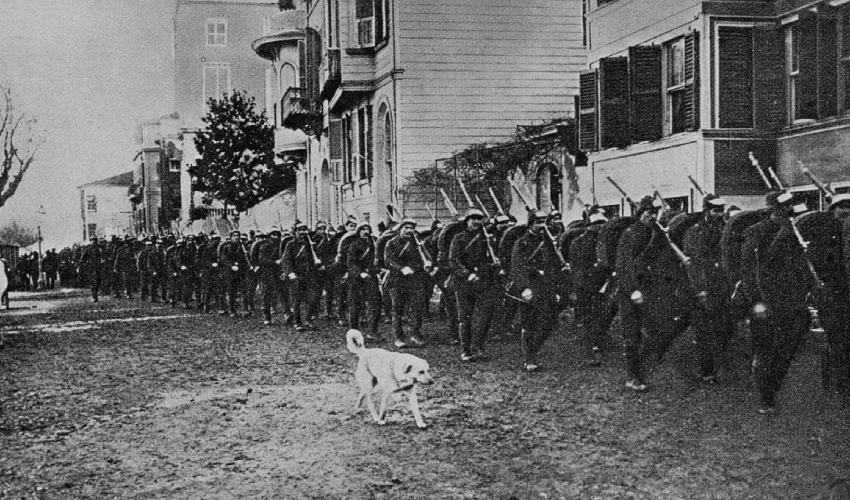
The Gallipoli Campaign witnessed several intense battles, including the first and second Battles of Kirte, where Allied attempts to break through Ottoman lines were met with staunch resistance.
The involvement of high-profile figures such as Winston Churchill, who later resigned because of the campaign’s failures, underscored the high stakes and the intense pressure on both sides to achieve a decisive victory.
Despite the ferocity of the conflict, moments of humanity emerged, such as the cease-fire on May 23, allowing both sides to tend to their dead and wounded. Such pauses were brief. However, the struggle for control of the Gallipoli Peninsula continued unabated.
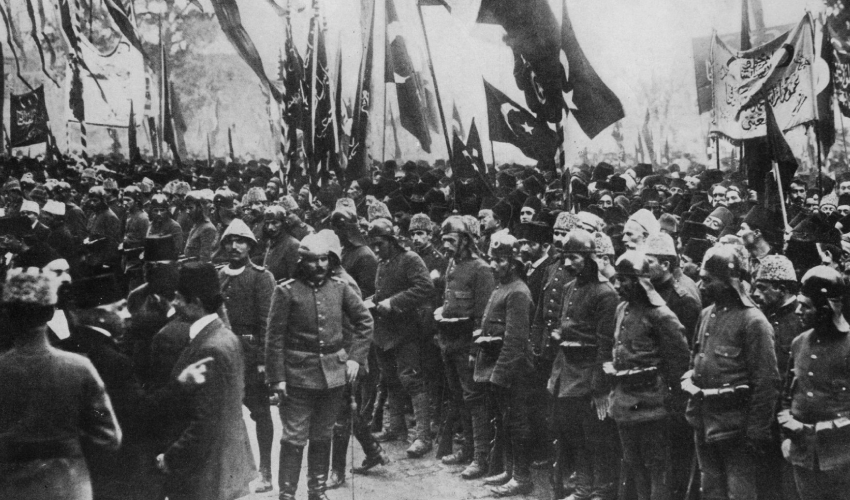
The decision by the British government to withdraw from Gallipoli in December marked the end of a prolonged and costly campaign. The evacuation of Allied forces was completed by Jan. 9, leaving behind a legacy of sacrifice and a newfound sense of national identity for the Turkish people.
Legacy of Gallipoli: A national triumph
The victory at Gallipoli on March 18 is remembered as a defining moment in Turkish history, a source of national pride and a precursor to the eventual establishment of the Republic of Türkiye. The campaign, while a military engagement, fostered a sense of unity and resilience that would fuel the Turkish War of Independence and the birth of a nation from the remnants of the Ottoman Empire.
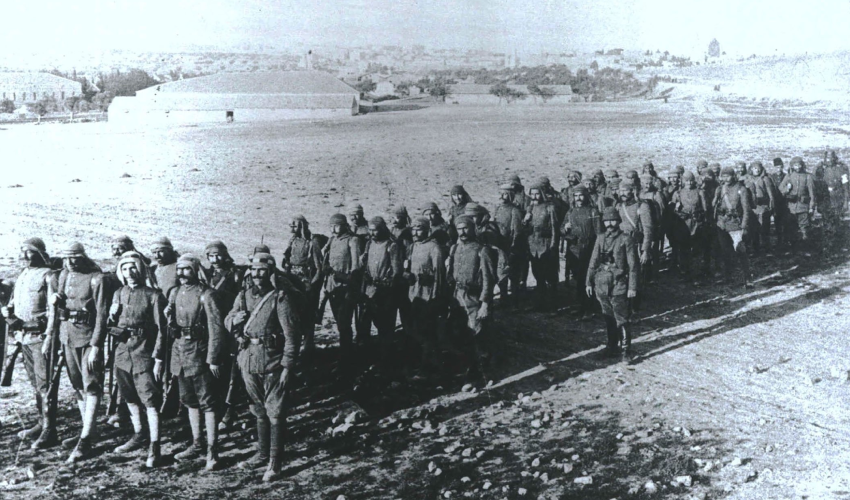
Source: Newsroom
